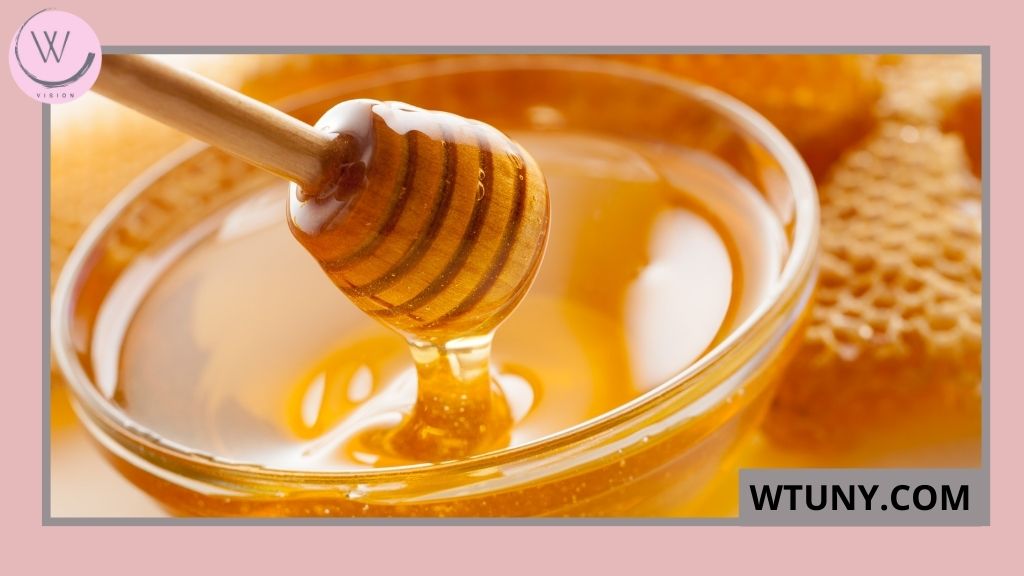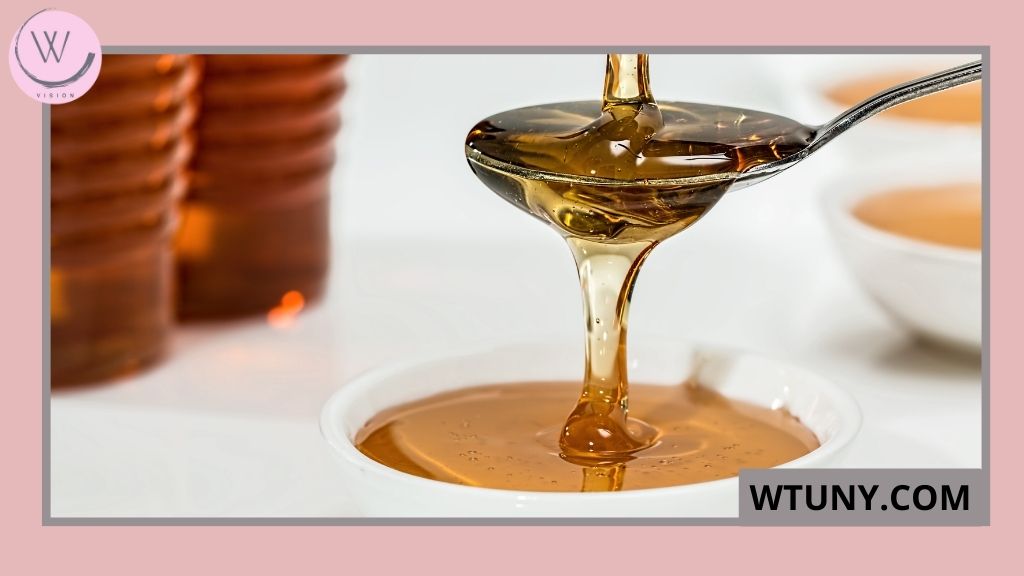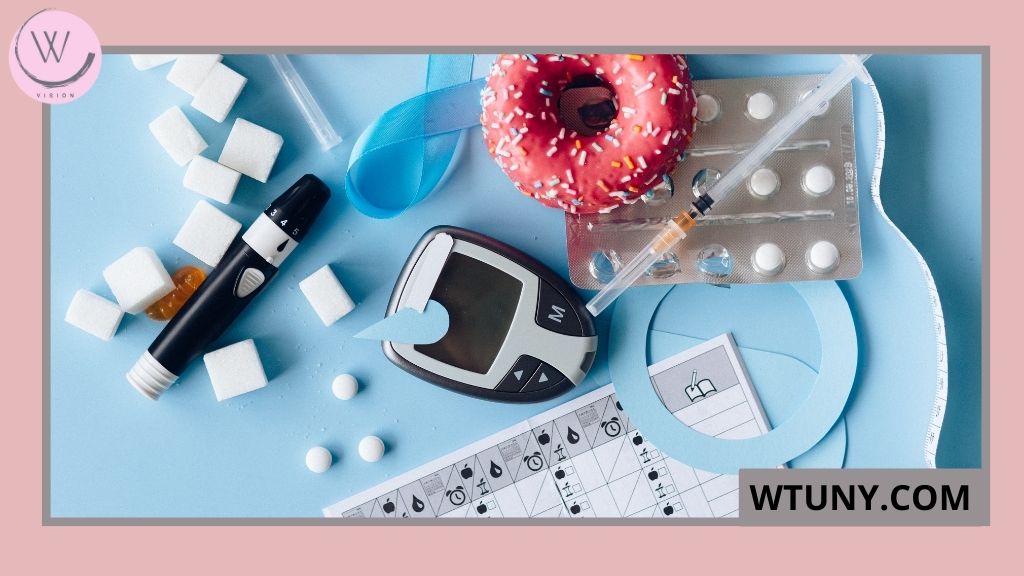Diseases like diabetes are found in many individuals around the world. Blood sugar management ranks first place among diabetes treatment methods. Therefore, overcoming too many sweetening choices is very demanding. Even though the sugar added to the table and artificial sweetening are the most popular, natural substitutes also attract people’s attention.
Understanding diabetes and the role of sweeteners

Diabetes is a whole-rs of health conditions, which means it is a group of ailments that increase the blood sugar levels for a longer period. The discussion of the main types of diabetes now follows: they are Type 1, Type 2, and gestational diabetes.
- Type 1 diabetes
Type 1 diabetes is an autoimmune disease where the immune system of the body is released by beta-cells (that are in the pancreas) and these beta cells are known to produce insulin. Because of that the body produces this lack of results. Protracted fluctuation leads to high blood sugar levels. Type 1 diabetics via regular insulin injections sustain their levels of glucose in the blood.
- Type 2 diabetes
Almost 90% of total situations of diabetes develop as Type 2. The other term of this type is referred to as diabetes mellitus. This is the state when the arteries become insensible to the sugar hormone–insulin (or, lack enough insulin production). Lifestyle modifications and drugs (are usually) considered as the main strategies for treating type 2 diabetes.
- Pregnancy diabetes
A condition of pregnancies known as gestational diabetes is short-lived and tends to subside just after the baby is delivered. Generally, blood sugar that usually had risen during pregnancy returns to normal soon after delivery. Yet the risks of type 2 diabetes are substantially higher.
The importance of controlling blood sugar
Diabetes patients may suffer from not only a few but also long-term complications when their blood sugar levels are not kept at bay by a regular diet. The early issues are the low blood sugar (hypoglycemia) and high blood sugar (hyperglycemia) cases. By sustaining for an extended period, the condition can cause a variety of damages, including eyes, kidneys, nerves, and heart. Furthermore, it is associated with significantly higher chances of having heart disease and brain strokes.
Conventional sweeteners and blood sugar
Table sugar
The sugar which we commonly know as table sugar or sucrose is comprised of one-half glucose and one-half fructose. It is a high-GI food by the standard that its GI is 65. To be very clear, this signifies its ability to induce a dramatic increase in blood sugar levels when consumed in large amounts. Such a situation leads to the prescreening of diabetics.
Artificial sweeteners
Among the artificial sweeteners which are aspartame, saccharin, and sucralose, the sweeteners are the most widespread substitutes for sugar. Despite the fact it is delicious, diabetics won’t experience any effect due to the hike rate sugar levels.
honey

Honey has been used as a natural sweetener for hundreds of years. They are known for their wide range of nutrients and potential health benefits. But whether it is beneficial for diabetics is a question we will discuss below with a little information about what honey contains and what types are available.
What is honey?
Honey is a viscid, yellowish-colored substance that is produced by honeybees and other insects including bumblebees, wasps, and squash bees using flower nectar as a raw material. The bee is bestowed with collecting the nectar and then swallows it. Only then is it thrown many times until it dries out. These processes developed the production of flower nectar and the subsequent production of honey. They store it, in fact, in honey to use it as an energy supply.
Nutritional profile of honey
Honey’s main component – carbohydrates – takes about 80%, and water has at least 20%. Sugars like glucose and fructose are made up of glucose and fructose primarily while it includes a lesser amount of sucrose. Furthermore, it contains some vitamins, including vitamin C, and has some minerals like phosphorus, magnesium, and potassium. Additionally, the fact that honey contains antioxidants that could be beneficial to health should also be noted.
Types of honey
- Pure honey
The beekeeping industry has developed several processes to lead to the refining of raw honey freshly taken out from the beehive. Provides and stabilizes nutrients and retains antioxidants. It is more implicitly healthy than the processed one.
- Processed honey
The honey that is finished loses its original properties that are made by natural processes like filtering and pasteurizing. This makes it have a one-satined texture. However, the later is missing some essential nutrients and antioxidants. In other words, hone for that reason, has lesser health effects comparably to uncooked honey.
- Types of honey
According to various sources, one can identify more than 300 different types of honey. The taste and the color of a honey bee colony’s honey depend on the source of the nectar which may vary. For example, raspberry honey comes from the flowers of the raspberry shrub, and avocado honey comes from the pods.
Honey and diabetes

Although honey is a natural sweetener, we must consider how it affects blood sugar levels. We also want to know if it has any benefits for diabetics.
How does honey affect blood sugar levels?
- glycemic index
Although it is a carbohydrate, honey has a lower glycemic index (around 50) than table sugar. This means it raises blood glucose levels more slowly than table sugar. It can become a safer option for diabetics if used wisely.
- Improving Diabetes Measurements
There is limited evidence that eating honey can increase the production of C-peptide, which is used to measure insulin production. It can also improve blood sugar control. However, more research is needed in this area.
Antimicrobial and anti-inflammatory properties
Honey is believed to have antimicrobial, antioxidant, and anti-inflammatory effects. It can prevent problems caused by diabetes and improve overall health.
Benefits of honey for cholesterol levels
Some studies suggest that honey helps improve cholesterol levels. It does this mainly by increasing the level of good HDL cholesterol. This is what diabetics are exposed to. More research is needed on this aspect.
Honey as a sugar substitute

1. Comparison of honey with table sugar
Honey has a lower glycemic index than table sugar and is a unique blend of glucose and fructose. This makes it easier for the body to break it down. Honey is also less sugary than table sugar and so people use coffee less. This is how we can keep the level of blood sugar in check. Honey is not a zero-calorie food as well; it contains sugar.
2. Comparison of honey with artificial sweeteners
Unlike honey, which does not impact blood sugar levels as much, artificial sweeteners do not influence blood sugar levels much. Even though some in the community have voiced their worries about the long-term impacts as well as possible starvation both of these concerns persist.
3. Practical tips for replacing sugar with honey
- Using honey in baking
If honey is used instead of sugar in baking recipes, use approximately 0.50 to 0.66 cups of honey for every 1 cup of sugar. Note, please that honey moisture can exert a certain influence on the baked item’s consistency. This is why you may have to amend the proportion of the liquid ingredients.
- Use honey in drinks
Honey being the most fluid among all other sweeteners disscollutates with hot or cold drinks. Provides natural sweetness. Transitioning to a healthy diet can be challenging so start slow and gradually add more food items as necessary. Keep in your mind that honey is a more sugary and fattening additive you should think twice before you add it.
Risks and benefits of taking honey for diabetes

The risk of consuming honey for diabetics
- Eating honey still causes high blood sugar levels. This is especially true if you eat a lot of it.
- Some processed honey contains added sugar or syrup. This can affect your blood sugar differently.
- For people who do not have a strong immune system or for pregnant women, raw honey can be dangerous. This is because it may contain harmful bacteria or dirt.
Benefits of eating honey for diabetics
- Honey has a lower glycemic index than table sugar. This means that it can cause a slow rise in blood glucose levels, but should always be used with caution.
- Honey contains many nutrients and antioxidants. They can improve overall health and treat diabetes complications.
- When consumed in moderation, honey can be a natural sweetener as part of a balanced diet.
Other sweeteners for diabetics

1. Agave nectar
Agave nectar’s number one rolling pin originates from the agave plant. It has 30 % fewer carbs, it is also sweeter than sugar and it has a lower glycemic index. It can be taken in moderation so it can be used as an organic sweetener. But like honey [these products also contain] sugar. Hence, if you are in the mode of controlling blood glucose, tackle it like honey.
2. Stevia
Stevia as a natural, non-caloric sweetener is known. Stevia, as an example, is a sweetener obtained from a plant. Moreover, they are much sweeter than sugar yet without having the effect of elevating blood sugar levels. Such an effect makes this tea widely used by those suffering from diabetes. Still, some added sugar and flavors may be used in stevia products.
3. Sugar alcohols
Sugar alcohols just as Xylitol, Erythritol, and Sorbital are all options for sugar that has been replaced. They are calorie-dense compared to the regularly consumed sugar. Additionally, they boast the ability to have the lowest glycemic index. This is the reason why they can replace employed by someone who is diabetic. Nevertheless, too much of it gives you such a dire consequence like gastrointestinal systems out of control.
The concern about artificial sweeteners mentioned is their potential long-term health effects. Thus, it is advisable to consult the best sugar substitute with your nutritionist or healthcare provider.
CONCLUSION
While some do favor the notion that honey may be included in a diabetic individual’s diet, others are not quite sure whether to accept this idea or not. On the other side, honey acquires some advantages over refined sweeteners like table sugar; It has a low glycemic index (GI), a natural source of food with antioxidants. However, we also should acknowledge the fact that honey is still a carbohydrate that can make you hungry.
Be sure to monitor your blood glucose levels and if you prefer honey to those other sweetener options, a healthy diet plan can still encompass some of this honey. While it is necessary to check your blood glucose levels regularly, you should also mention this point. Don’t forget to ask your health provider what their advice would be for honey and other sugary foods.







